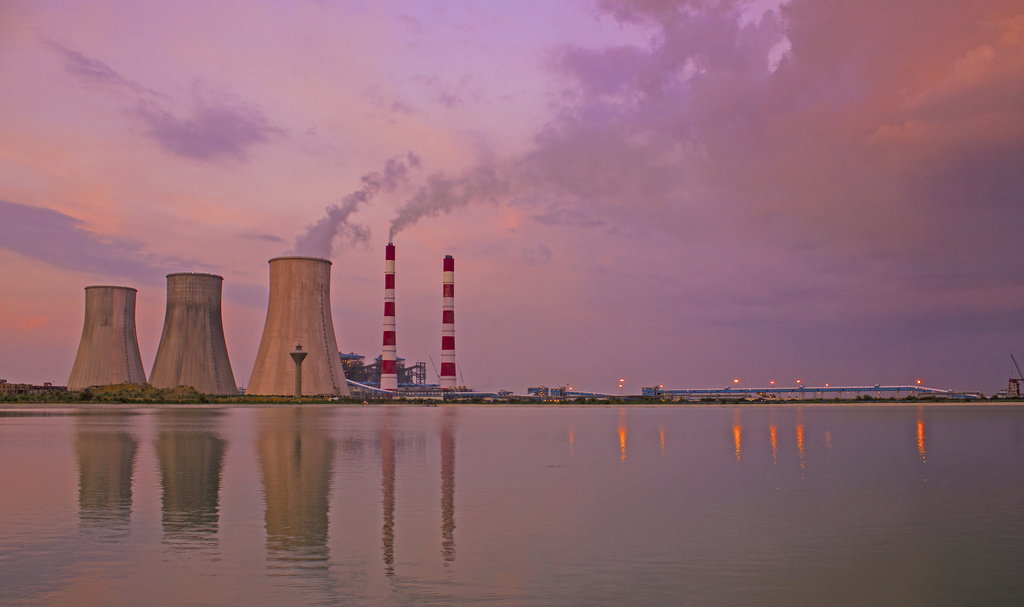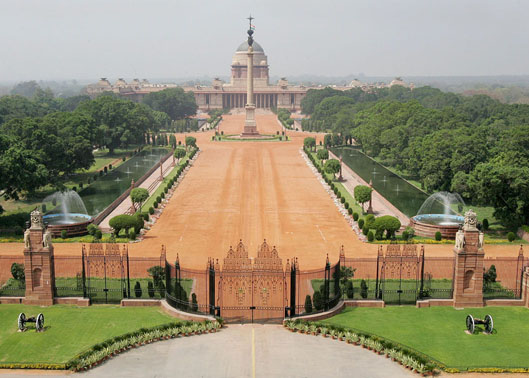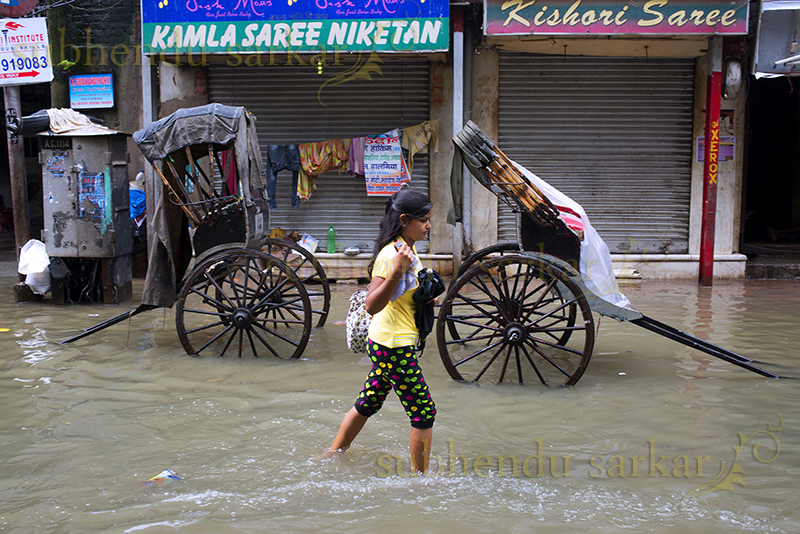Nature: Energy Reforms of India

Across the world the problems of global climate change have affected all aspects of life of both humans and animals alike. Regarding humans, in this new decade, people use electricity and energy like they do air; it is a necessity that is taken for granted and not even thought about. Electricity is mainly made from non-renewable resources like oil, coal, nuclear power, and others. This is unknown to many people who believe that electricity is an all-powerful resource that will displace all these other sources of energy. Electricity is a great source of energy but it cannot be wasted in any way, shape, or form.
In India, energy reforms have been sweeping the nation for more than twenty years now and are even major issues when elections are held. Opposing parties in India are expected to have energy reformation plans as well as global climate change reforms. But it isn’t just political dissidents that are advocating for energy reformation; hotels and other urban communities have reached out to act in order to change the damaging ways of energy waste and consumption.
Mir, actor and musician but also the Earth Hour ambassador this year, has called for people to shut off the unnecessary appliances that people aren’t using. People leave lights and fans on, and put air conditioners on ridiculously low levels. People believe that the electricity they use does not affect anyone because they themselves pay the bill. They are WRONG. Energy is not unlimited with no repercussions. All energy sources come with a price and wasting anything is egocentric. Humans do their part to conserve resources and save the planet because given the limited amount, we cannot afford to be wasteful.
Many different reforms have been called for from simply turning off supplies that aren’t in use to changes in energy manufacturers to photo-voltaic (solar) and wind energy. Energy reforms have been started at a low level in hotels to simply turn off lights and use candles or simply the sun’s light instead of electric lighting. Ideally, these policies are emulated in the Bengal area, then onto the national level, and eventually globally. West Bengal in particular is seeking massive energy reforms, as it is a site of nuclear plants and coal mines alike.
West Bengal is one of the first cities in India to focus on their energy reforms. They have started plans in 2005 and 2007 as it restructures the West Bengal State Electricity Board. It is financially able to reform and has a surplus of energy. West Bengal has an almost 100% village electrification but lacking in rural houses with 42% without electricity. They aren’t using general coal and oil to make the electricity though; they are using renewable resources. Wind, hydro, various solar, and more energy sources have been implemented across the state. There are almost 18,000 sources of renewable energy being used and implemented. West Bengal is doing its best to alter the negative electricity manufacturers and use better, cleaner sources.
Overall, reforms need to be made in India for the whole of the world. Since energy is a major contributor to the pollution of the world, reforms are being made to change consumption practices. Lights and fans are turned off, renewable resources are being used, and more. But all this is coming very late with the increase in global climate change. India as a whole, and not just individual states like West Bengal, must seek to use renewable energy resources across the nation. Solar energy may be costly, but it is the best alternative form to non-renewable energy and will pay for itself over time.
India is the world’s third largest pollution emitter and must do its part to turn the nation into a green state aimed at saving the world. While reforms happen in India, reforms must happen worldwide. What will you change?
[Image Attribute: Flickr User: Vikramdeep Sidhu]


